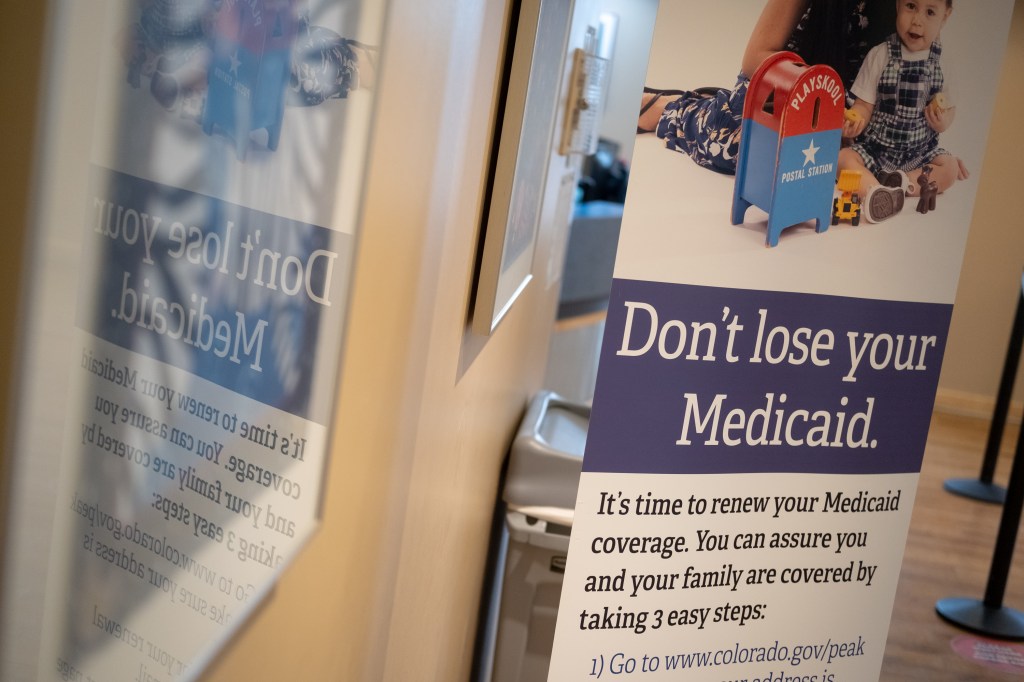Because Colorado has known for more than 20 years that access to health care is a key pathway to economic security and quality of life for Coloradans, and a healthy and vibrant state for all of us. We have invested in the medical safety net. But as Colorado emerged from the coronavirus crisis last year, it failed its neighbors in Medicaid, putting the safety-net health care providers who serve them at risk.
This is a clear failure of leadership at Colorado’s Medicaid agency, the Office of Health Policy and Financing. Instead of proactively working to solve this problem, agency leaders have fought over numbers and largely avoided responsibility. Government agencies must act immediately to address this crisis.
We see its impact every day in the communities we serve. We are outraged and heartbroken by this. And we’re ready to make protecting Colorado’s safety net our top priority in the year ahead.
As has been widely reported, the state has done a terrible job of keeping Coloradans enrolled in Medicaid in the wake of the coronavirus crisis. In summary:
- The number of Medicaid enrollees in Colorado decreased by more than 575,000 people, a 33% decrease in the overall size of the program.
- According to Kaiser Family Foundation AnalysisColorado has the largest net decline in Medicaid enrollment in the nation.
- More than half of Coloradans who lost Medicaid coverage lost Medicaid coverage due to administrative missteps and bureaucratic barriers, including people not receiving re-enrollment packets, application processing delays, and onerous enrollment requirements. Losing coverage.
we are angry about it. Whether you or a loved one relies on Medicaid or not, you should too, because the entire health care system is suffering as a result.
Recently, health care providers across Colorado — those who run clinics, mental health centers, and hospitals — met with lawmakers to discuss how the Medicaid disenrollment crisis will affect them financially and in their communities. We shared our ability to serve. They are reducing hours, laying off staff and closing programs and clinics. The bottom line is that access to care is becoming increasingly difficult in all parts of the state.
And that’s the heartbreaking part. We know that our neighbors are sicker because they struggle to find or delay access to the mental and physical health care they need.
To be fair, care has been tough because of the pandemic. The cost of supplies, medicines, and other miscellaneous expenses is increasing rapidly. Medical workers became burnt out and left the field, leading to labor shortages and rising labor costs. While Medicaid disenrollment is not the only challenge facing providers, it is a major factor and could and should have been avoided.
Although Colorado does not have access to health insurance for all residents, there have been significant improvements in coverage in recent years. A return to the “good old days” is unacceptable. In the year ahead, we must make stabilizing our health care safety net and restoring Medicaid coverage to eligible Coloradans our state’s top priority. what does it look like?
The first step is to find a way to invest in a safety net provider. We face incredible challenges with an impending state budget shortfall, but we must try. At a minimum, it should protect Medicaid providers from lower reimbursement rates. Beyond that, we should do everything in our power to maximize primary care funding and divest all federal dollars available through Medicaid.

